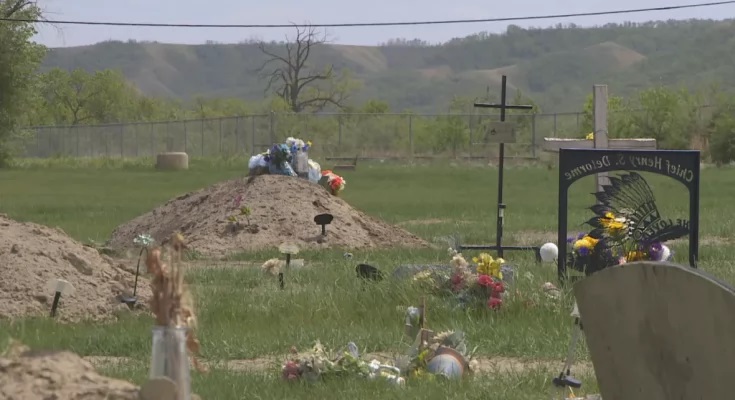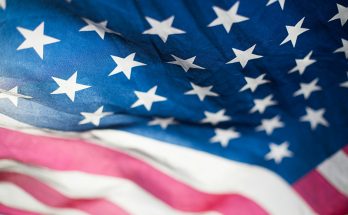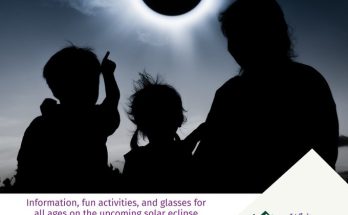#Canada; #BC; #SupportFirstNationResearch; #FormerResidentialSchoolSites
Vancouver (B.C.)/CMEDIA: A funding totalling $2,027,520 to support Stó:lō Nation research and commemoration activities around former residential school sites was announced today by David Jimmie, Chief of Squiala First Nation and President of the Stó:lō Nation Chiefs’ Council together with the Honourable Marc Miller, Minister of Crown-Indigenous Relations; and Murray Rankin, B.C. Minister of Indigenous Relations and Reconciliation.
“Our Survivors, community members and leadership are experiencing heavy hearts throughout the territory, the province and across the country…We are grateful for the Province and Federal governments commitment to support our work on behalf of the families…we will work with each of the Survivors and families to ensure they feel supported before moving on to the next steps. All our work will continue to be guided by cultural protocol and oversight,” said David Jamie in a news release today.
Funding provided by the Government of Canada and the Province of British Columbia would facilitate The Stó:lō Nation to collaborate with communities throughout Stó:lō territory to create a “Lost Stó:lō Children” register, host community engagement sessions as well as important cultural and ceremonial protocols to honour the children who attended these residential schools.
The funding will also support the Stó:lō Nation’s plans to research, commemorate and conduct fieldwork related to any unmarked burials connected to these residential school sites.
“The locating of unmarked burials at former residential school sites across Canada is a tragic reminder of the abuse that many Indigenous children suffered in these institutions,” said a news release today.
As part of efforts to address historical wrongs and the lasting physical, emotional, mental and spiritual harms related to the legacy of residential schools, the Government of Canada is working with Survivors, Indigenous leaders and affected families and communities including locating and commemorating missing children who attended residential schools,
The work also relates to responding to the Truth and Reconciliation Commission’s Calls to Action 72 to 76.

Stó:lō Nation has developed a multi-year plan for this work, which they are calling Xyólhmet ye Syéwiqwélh (Taking Care of Our Children).
“Our thoughts are with the Survivors, their families and community members of Stó:lō Nation…We recognize the painful legacy of residential schools and remain committed to supporting Stó:lō Nation in their “Taking Care of Our Children” project as they work toward uncovering the truth, healing and closure, said Marc Miller in a news release.
The work entails advancing research and commemoration activities at three former residential schools that operated in their territory—Coqualeetza (Sardis), St. Mary’s (Mission) and All Hallows (Yale).
A political Steering Committee was established by the Stó:lō Nation along with representatives from the Stó:lō Nation Chiefs’ Council, Stó:lō Tribal Council and Independent First Nations to oversee this sensitive work.
The Stó:lō House of Respect Care Taking Committee’s initiative to guide repatriation efforts, provide cultural advice for these efforts is being operationalized through the Stó:lō Service Agency Board of Directors and carried out under the direction of the Stó:lō Research and Resource Management Centre.
“I commend the leadership and courage of the Stó:lō Nation for undertaking this difficult but critically important work on behalf of their member communities and Survivors…taking the next step in their journey to uncover the full truth and legacy of the residential school system,” said Murray Rankin in the news release.
This community-led process will ensure that Stó:lō Nation can undertake this work in their own way and at their own pace.
“Addressing the harms suffered by Survivors, their families and communities is at the heart of reconciliation and is essential to renewing and building relationships with Indigenous Peoples, governments and all Canadians.” said the news release.





